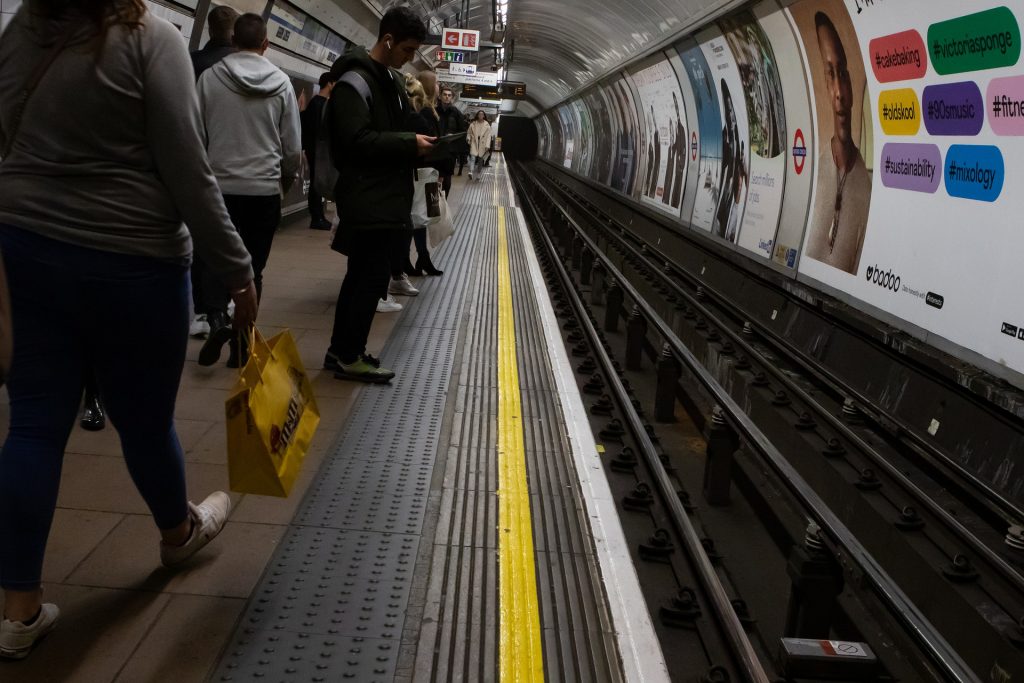TfL to cut hundreds of jobs amid financial crisis
Hundreds of Tube job roles are set to be cut across the network as Transport for London (TfL) bids to save cash.
Bosses have blamed the “devastating impact” of the coronavirus pandemic on TfL’s finances.
TfL leaders briefed union officials on Tuesday, but no date has been set for the start of the staffing cull.
The Rail, Maritime and Transport union (RMT) said it had immediately begun balloting over 10,000 members for strike action.
Between 500 and 600 jobs are set to be axed under the plan which involves TfL not filling current vacancies or replacing staff when they leave.
London Underground’s director of customer operations, Nick Dent, said the pandemic has made TfL think about “more efficient” ways to run services.
He said: “We remain completely committed to retaining our customer service offer, with stations staffed at all times while trains are operating.
“Changes will be closely monitored to ensure that the highest levels of safety and customer service continue to be met.
“The discussions are at an early stage, and we will continue to work with our employees and trade union colleagues as proposals are developed.”
The RMT said it has begun balloting its members due to TfL “refusing to give assurances on jobs, pensions and working conditions”.
General Secretary Mick Lynch said: “Today we have seen the opening salvo in what will become an all out assault on safety critical staff posts with 600 jobs on the block, mainly amongst our station members.
“Politicians need to wake up to the fact that transport staff will not pay the price for this cynically engineered crisis and we will coordinate a campaign of resistance with colleagues from other unions impacted by this threat. “
In a separate dispute, the RMT has opened fresh talks aimed at resolving a row over London’s Night Tube which has led to strikes by drivers.
RMT tabled strike action over the December weekends leading up to Christmas, on the 26 November strikes took place on five lines while last weekend saw the strikes affect evening travel on the Central and Victoria lines.
If talks fail to resolve the row, the planned strikes on the Central and Victoria lines for the 10th,11th,17th and 18th December are expected to go ahead.
TfL’s current government bailout runs out on 11 December and the Mayor of London has said TfL needs at least £500m to run services.
It has been forced to draw up radical cost-savings plans amid fears of a massive shortfall in cash to maintain the capital’s public transport network.
Passenger numbers have returned to 70% of pre-pandemic levels across all TfL services but to only 63% on the Tube.









